Should you be lucky enough to have had the opportunity to travel, it’s probable that you recognize how cultural norms and actions that seem normal in one country can be misunderstood or disapproved of in others. Familiar social routines mentioned in this catalog may seem entirely nonsensical to you. Whilst this is a typical first response, if your plans include globetrotting, taking note of these distinctions would be beneficial.
Let’s take something as simple as pointing. In the United States, you just use your index finger to indicate whatever it is that you are drawing attention to. There is a reason, however, that Disney employees are taught to not point with one finger. In some cultures, it is considered rude. Instead, the employees are taught to point with two fingers. Another thing that can cause conflict is tipping. In some cultures it is expected (United States); in some cultures it isn’t (Europe); and in some it can even be seen as rude (Japan).
So wherever you plan on traveling, just make sure to read up about the local customs and traditions. If you want a quick overview though, we’re here to help. These are 25 Astonishing Socially Acceptable Behaviors From Around The World.
Sniffling
 Source: wikitravel, Image: pixabay
Source: wikitravel, Image: pixabay In some countries, like Japan, sniffing is acceptable, while blowing your nose is frowned upon. In many western countries, this would be reversed.
Not inviting everyone
 Source: wikitravel, Image: pixabay
Source: wikitravel, Image: pixabay In South America, Asia, and Africa, if you’re holding a party, even the bus driver gets an invite. In Europe and North America, this would be strange.
Nakedness
 Source: wikitravel, Image: pixabay
Source: wikitravel, Image: pixabay In Finland, being naked in a tiny sauna with strangers is perfectly acceptable, while making conversation at the bus stop is strange. In many other places, this would be the other way around.
Asking age
 Source: wikitravel, Image: pixabay
Source: wikitravel, Image: pixabay In South Korea, one of the first things you would ask somebody (even a woman) is their age. This is so that you know how to formally speak with them.
Giving wine to kids
 Source: wikitravel, Image: pixabay
Source: wikitravel, Image: pixabay Welcome to southern Europe. Alcohol doesn’t have the same negative stigma in many countries as it does in the US. Having a beer on your lunch break is also normal, while in places like the US, it could get you in big trouble if your boss finds out and is seen as an alcoholic tendency.
Right on red
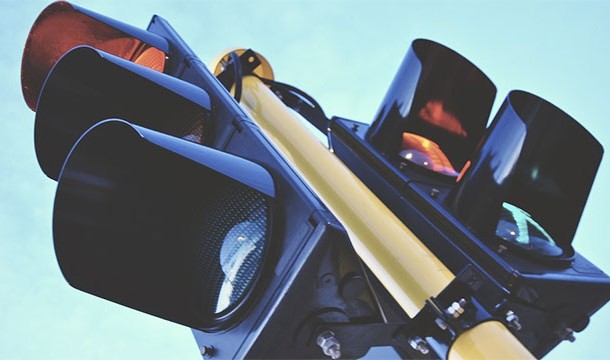 Source: wikitravel, Image: pixabay
Source: wikitravel, Image: pixabay And in Boston, they have left on red.
Sitting in the front seat of a taxi when you are alone
 Source: wikitravel, Image: https://en.wikipedia.org/wiki/Taxicab
Source: wikitravel, Image: https://en.wikipedia.org/wiki/Taxicab In some places this is acceptable, in others it isn’t. It’s really hit or miss.
Living with parents
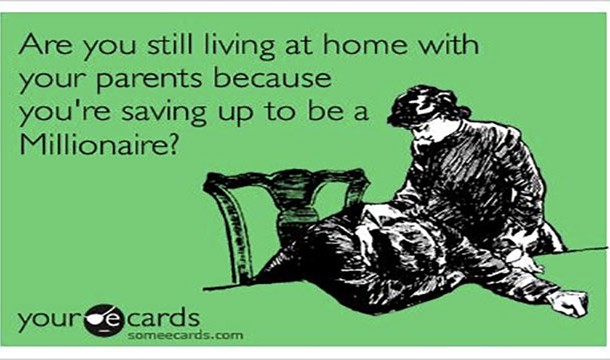 Source: wikitravel
Source: wikitravel In many non-western cultures (and southern Europe) it is normal to live with your parents for your entire life. Up until marriage they support you, and after marriage you support them.
Not finishing the food on your plate
 Source: wikitravel, Image: pixabay
Source: wikitravel, Image: pixabay In some places, finishing everything means you want more. Not finishing enough means you didn’t like it.
Tipping
 Source: wikitravel, Image: pixabay
Source: wikitravel, Image: pixabay In most countries, tipping isn’t a thing. Only in North America is it so pervasive.
If you think this is strange restaurant behavior, wait until you see #5!
Calling the police on your neighbors about petty issues rather than confronting them first
 Source: wikitravel, Image: pixabay
Source: wikitravel, Image: pixabay In Switzerland this is the norm. Too loud past 10pm? Expect a visit from the police.
Pledging allegiance to the flag
 Source: wikitravel, Image: public domain
Source: wikitravel, Image: public domain There aren’t many developed countries outside of the United States that actively do this. In Europe, for example, this would be considered a very strange thing to do indeed (given the history of nationalistic political movements).
Leaving your baby outside in its carriage while you sip on some coffee in the cafe
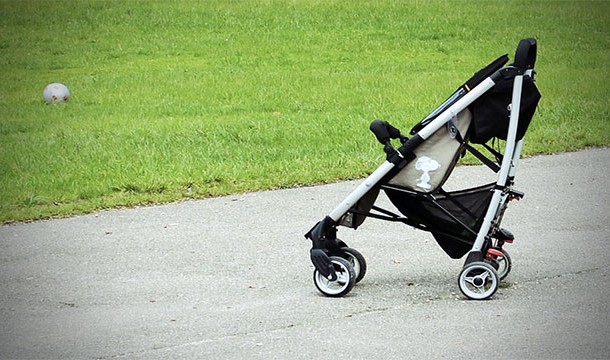 Source: wikitravel, Image: pixabay
Source: wikitravel, Image: pixabay Although this freaks foreigners out, apparently nobody steals babies in Denmark.
Eating vegemite
 Source: wikitravel, Image: pixabay
Source: wikitravel, Image: pixabay Only in Australia.
Queuing
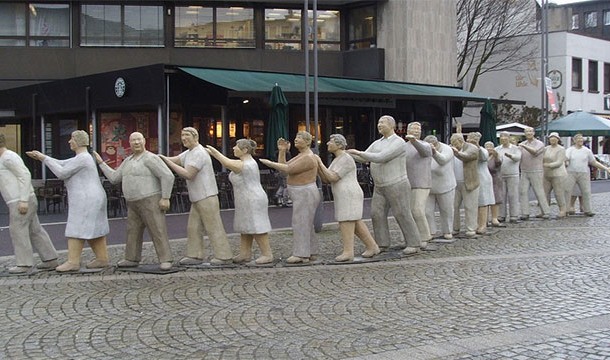 Source: wikitravel, Image: pixabay
Source: wikitravel, Image: pixabay Introduced by the northern Europeans, most of the world doesn’t do this. You just push to the front.
Guys holding hands
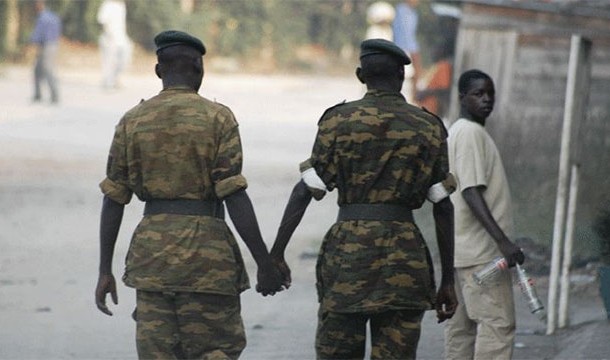 Source: wikitravel, Image: Geordie Mott via flickr
Source: wikitravel, Image: Geordie Mott via flickr This is normal in Arabic culture and isn’t related to their sexuality. In many Western places, this only happens if people are in a romantic relationship.
Contributing money to a political campaign
 Source: wikitravel, Image: pixabay
Source: wikitravel, Image: pixabay People in developed non-America might find this strange.
Thanking the driver when getting off the bus
 Source: wikitravel, Image: Lord Alpha via wikimedia
Source: wikitravel, Image: Lord Alpha via wikimedia In Ireland, this is so ingrained that when they added a second door for people to leave through, they still only used the front door.
Throwing litter on the floor
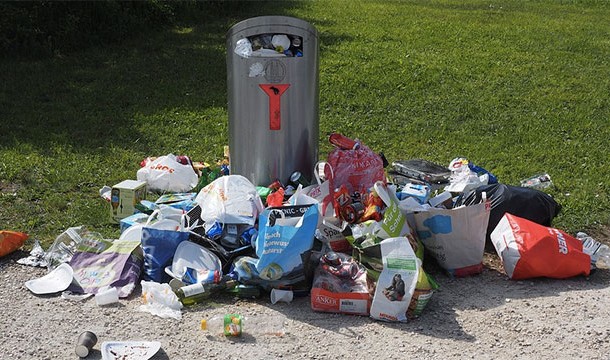 Source: wikitravel, Image: pixabay
Source: wikitravel, Image: pixabay In Spanish pubs, for example, this is how they do it.
Clapping when the plane lands
 Source: wikitravel, Image: pixabay
Source: wikitravel, Image: pixabay This is a thing in some places.
Calling your waiter with a kissing noise
 Source: wikitravel, Image: pixabay
Source: wikitravel, Image: pixabay In countries like Burma, this is how you do it.
Taking a siesta
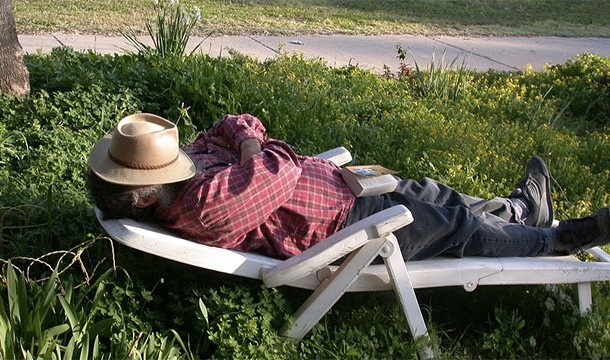 Source: wikitravel, Image: pixabay
Source: wikitravel, Image: pixabay In southern Europe, you can expect nearly everything to close down for a few hours around noon.
Pointing with one finger
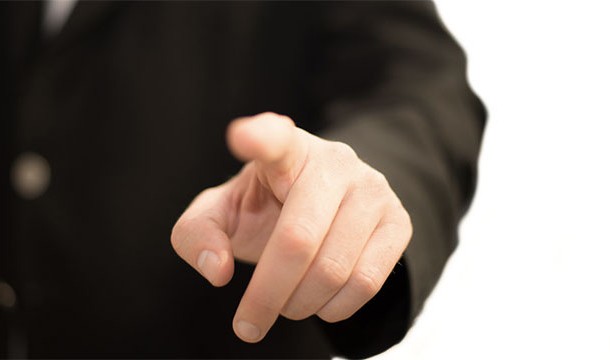 Source: wikitravel, Image: freestockphotos.biz
Source: wikitravel, Image: freestockphotos.biz This is considered rude in many places. Use two fingers and you should be safe.
Slurping
 Source: wikitravel, Image: Simon Welsh via flickr
Source: wikitravel, Image: Simon Welsh via flickr In parts of Asia, if you don’t slurp, the food wasn’t good.
If you have enjoyed this list, check out 25 Strange Habits, Customs, and Behaviors That Society Accepts As Normal.
Giving a thumbs up
 Source: wikitravel, Image: pixabay
Source: wikitravel, Image: pixabay In the US this means “great,” while in some other places it means “up yours.” This isn’t the only hand signal that has various meanings. Generally speaking, when you go to a new country, you should investigate which hand signals are “great” and which ones could get you in a fight.



























